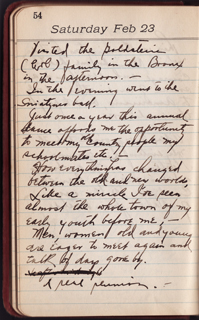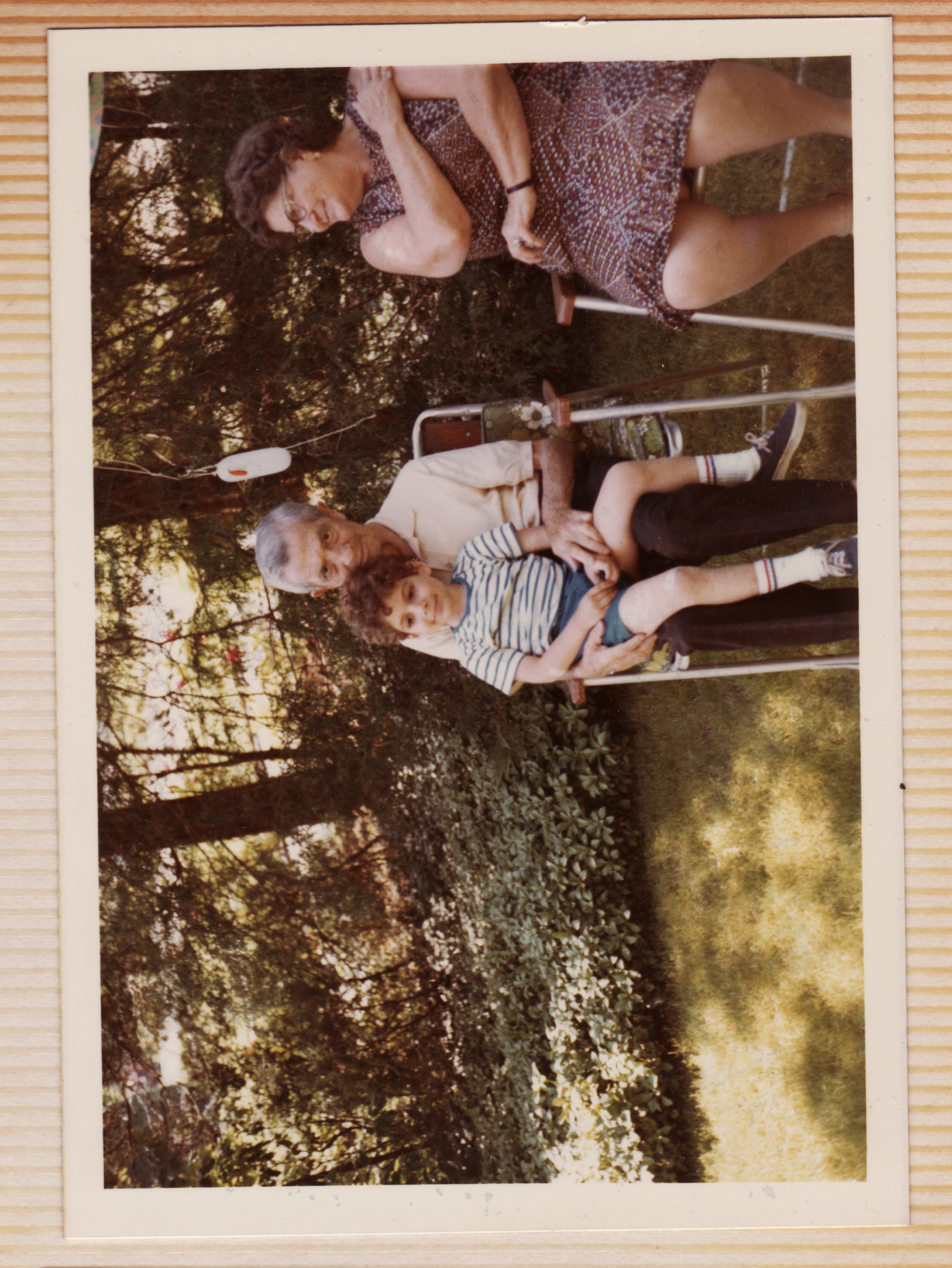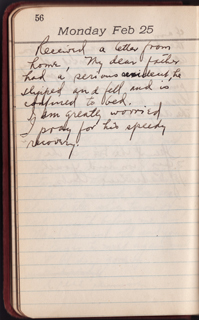
Enjoyed dance given by
3rd dist Z.O.A. at the Parkway Palace.
My brother in law received
a summons to court from
the Success School,
My sister came up and
called me to go with her to
the School,
Because I told the School man
twice before that my brother in law
and out of work, he agreed
to teach him English for the
whole term on payments
of $2.00 a week, on account
I gave him the 2nd 5 dollars
I am glad this is off my
head, I will gladly pay for
him every week as he at present
cannot afford it.
—————
Matt’s Notes
I’m not sure where the Parkway Palace or the Third District of the Zionist Organization of America were located, though I’d say any establishment with the word “parkway” in its name was probably in the Bronx. Hopefully I can make it over to the New York Historical Society to look into it a little more…
Of more interest, though, is Papa’s description of his brother-in-law Phil’s problems with the Success School, which was obviously a vocational or language school catering to immigrants. If it had existed in modern times, it probably would have advertised itself on the subway.
I wonder what the atmosphere was like. Was it a second-floor classroom with a sign in the window and a bunch of typewriters sitting on old school desks? Was it close and stuffy, like the sweatshops its students work in? Maybe Papa’s meeting with the “school man” (his English vocabulary must not have included the words “headmaster” or “administrator”) took place in a dark hallway or staircase. It could have even happened in the classroom while class was in session — sounds like the “school man” wanted to get rid of Phil in favor of a full-tuition student, so he might have deliberately made Papa argue right there, thinking he’d be too embarrassed to discuss Phil’s discount arrangement in front of other students.
In any event, Papa’s sense of duty is once again on display as he forks over $5.00 to keep Phil in class (if a previous commenter on this blog has the conversion right, this would be the equivalent of $60 in 2007, which was probably no small chunk of Papa’s salary). My mother says the words “I am glad this is off my head” really jumped out at her because, for Papa, this would have been an over-the-top expression of impatience. But, these are Papa’s private thoughts, and if that’s as annoyed as he got I’m sure no one noticed.
Phil, by the way, was a Russian immigrant who came to America after his first wife “broke her head,” as Phil apparently put it, in a buggy accident. He would outlive three more wives, all of whom, including Papa’s sister Nettie, died under strange circumstances. This earned him the nickname “serial killer” among certain members of my family. According to one story, Phil half-jokingly offered to make Papa’s other sister Clara his fifth wife when she was around eighty. “No,” she replied, “I’m too young to die.”










